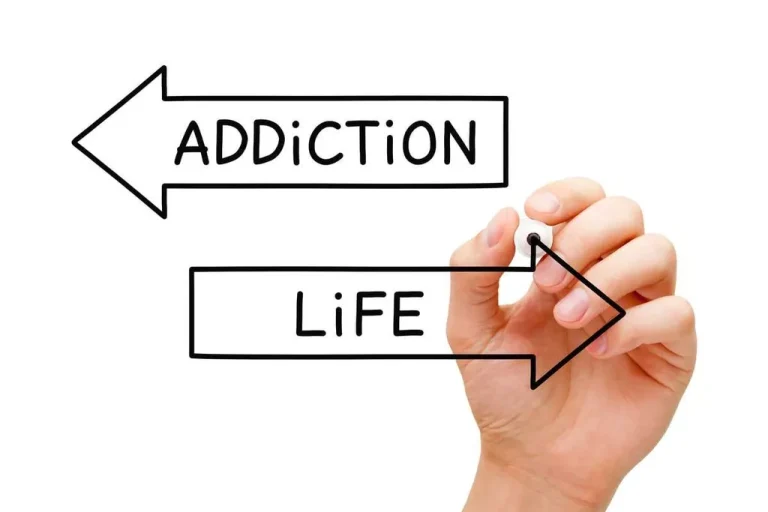
If you need a good place to start, consider doing a Bible study or starting a Bible reading plan. You only need to listen to Him to get those nudges or “feelings” inside that give you a sense of what He is trying to tell you. When I don’t do things perfectly, when I mess up, when I make mistakes, and when I make poor choices, I would love it if I am quickly forgiven and not chastised about the matter.
Challenging Steps
For example, if we hurt people with our lying and we cannot make amends without further injuring them, we would make living amends by making a decision to behave and communicate with complete honesty. Step Nine states that we make amends “except when to do so would injure them or others.” We don’t want our actions to cause further damage, harm or stress. In those cases, we can make amends in a broader sense by taking actions like donating money, volunteering our time or providing care. Reflecting on previous attempts at making amends can provide valuable insights and learning opportunities for more effective amends in the future.

For Treatment Providers
- For example, Alcoholic Anonymous (AA)’s ninth step involves making amends to the individuals in your life who were affected by your addiction.
- A loved one might need time to accept amends and feel okay with it.
- When you make amends, you acknowledge and take responsibility for your actions that have hurt others.
- For example, let’s say a mother didn’t make an effort to escort her children to the school bus stop.
- The response to amends can vary widely; some may refuse to engage, leaving the individual feeling disheartened.
Preparing for amends involves deep reflection on past actions and considering the intent behind them. Make sure you have a thorough 8th step amends list of people you have harmed and became willing to make amends to, which comes off of your 4th step inventory. Consult with your sponsor or a trusted person in your recovery community to find the best approach for making amends. This step ensures that you are grounded and clear about your intentions and the potential impact of your actions. Living amends demonstrate personal growth and commitment to change in recovery. It’s an alternative when direct amends cannot be made safely or might cause more harm.

Committing to Family Therapy
- Making amends does not necessarily depend on your ability to connect with a person or how they respond to you.
- Step 9, often seen as one of the most challenging, requires courage, humility, and guidance.
- It’s important to note that not all actions are forgivable, and not all amends will be accepted.
- An alcoholic in recovery first creates the list of individuals they have harmed during step eight and then divides the list into four categories.
- Always seek the advice of a physician or other qualified health provider with any questions you may have regarding a medical condition.
Though that could be hard to accept, that doesn’t take away from living amends meaning the process of actively working to improve your character. Ultimately, the goal of making amends is to achieve more personal responsibility – not necessarily total forgiveness. Words will only go so far and remember that not everyone is quick to forgive and move on. A loved one might need time to accept amends and feel okay with it.
Take your time as you go through the 12 steps of recovery, and God will reveal what you need to do. If you feel overwhelmed by the numbers found in 12-step recovery programs (the principles, steps, and lessons), check out this FREE list of CR Numbers. In Celebrate Recovery Step 8, we learned all about making a list of amends. If you haven’t read that lesson, please do so before continuing on so that you can keep it one step at a time in the recovery process. Making amends helps repair relationship problems caused by addiction.

- It is put into practice through face-to-face interactions to address and mend the damages caused directly, head-on.
- If someone does not want to hear from us, we respect that and do our best to move forward with our recoveries.
- Resolve to work at making things better between you and keeping your promises.
This involves showing that one’s actions now align with their intentions, as opposed to the misalignment or downright manipulations that often occur during active addiction. To express regret genuinely includes acknowledging the emotional impact of one’s actions on others. Though some of these supporters might be new friends you meet in treatment or group therapy, it’s also vital to reconnect with people you knew before seeking help. However, they will likely still feel hurt by how you treated them and might be hesitant to forgive you, no matter how sincerely you apologize. Making amends goes beyond merely saying you’re sorry because it involves demonstrating your earnest commitment to change. In the 12-step program, making these amends is a core part of recovery, helping to rebuild trust and personal accountability, which are key aspects of the 12-step recovery process.

We strengthen and reinforce healthy recovery whenever we do our part to repair relationships or reach out to others with support and understanding. No matter how much we feel the need to make things right, forcing another to meet with us or hear from us is not part of the Steps. When those we’ve hurt are not able or willing to accept our amends, we can still move alcohol rehab in a positive general direction by taking intentional steps to be of service to others or making living amends.
Navigating Step Nine: Living Amends
Step Nine can leave you emotionally exhausted; it’s a difficult step to navigate. But the rewards you’ll reap from living amends can help make the challenges easier and more productive. When making amends it is important that you focus on your behaviors only and your amends. Of course, others in our lives had negative behaviors or unhealthy ways of responding to addiction but that has nothing to do with us making amends for our own behaviors.
